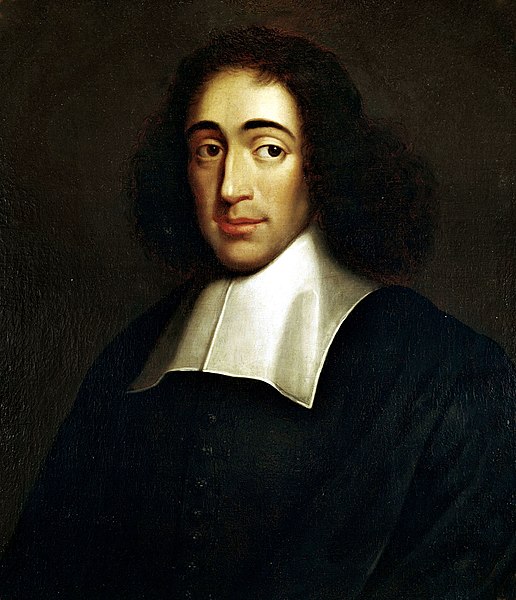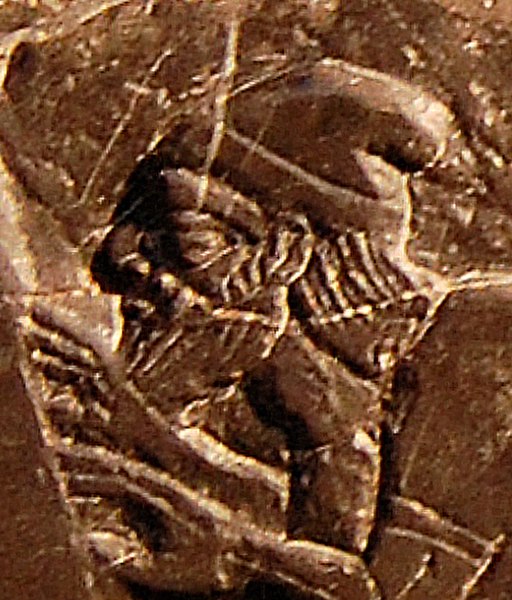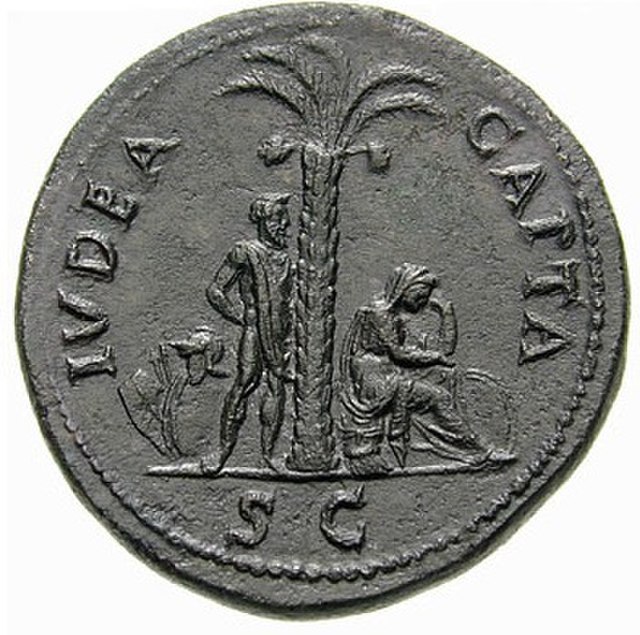Jewish philosophy includes all philosophy carried out by Jews, or in relation to the religion of Judaism. Until modern Haskalah and Jewish emancipation, Jewish philosophy was preoccupied with attempts to reconcile coherent new ideas into the tradition of Rabbinic Judaism, thus organizing emergent ideas that are not necessarily Jewish into a uniquely Jewish scholastic framework and world-view. With their acceptance into modern society, Jews with secular educations embraced or developed entirely new philosophies to meet the demands of the world in which they now found themselves.
Philo
Artist's depiction, sculpture of Maimonides
Baruch Spinoza
Martin Buber
The Jews or Jewish people are an ethnoreligious group and nation originating from the Israelites of the ancient Near East, and whose traditional religion is Judaism. Jewish ethnicity, religion, and community are highly interrelated, as Judaism is an ethnic religion, although not all ethnic Jews practice it. Despite this, religious Jews regard individuals who have formally converted to Judaism as part of the community.
Depiction of King Jehu, tenth king of the northern Kingdom of Israel, on the Black Obelisk of Shalmaneser III, 841–840 BCE. This is "the only portrayal we have in ancient Near Eastern art of an Israelite or Judaean monarch".
A Roman coin inscribed Ivdaea Capta, or "captive Judea" (71 CE), representing Judea as a seated mourning woman (right), and a Jewish captive with hands tied (left)
Tombstone of the Maharal in the Old Jewish Cemetery, Prague. The tombstones are inscribed in Hebrew.
Bible manuscript in Hebrew, 14th century. Hebrew language and alphabet were the cornerstones of the Jewish national identity in antiquity.








